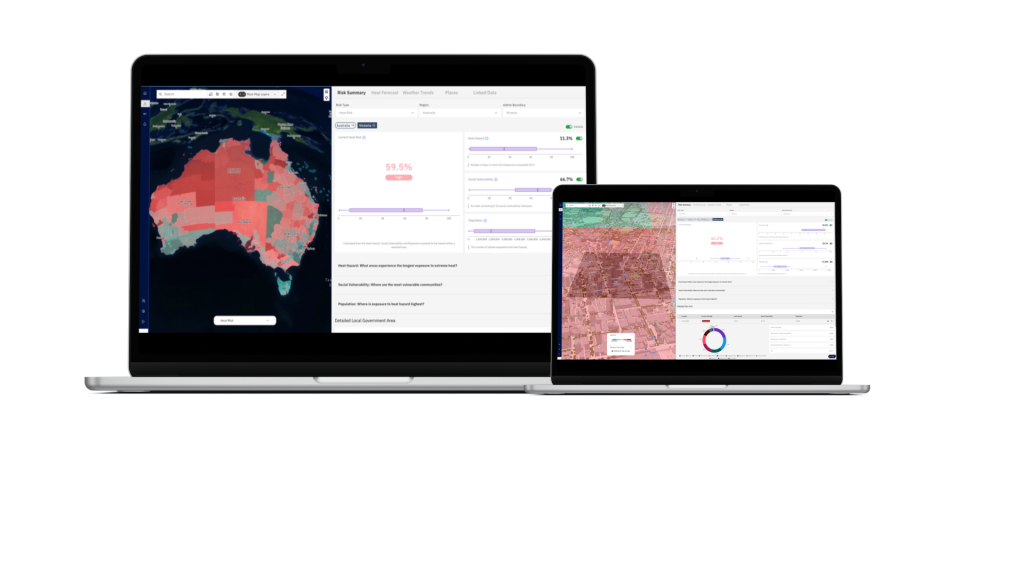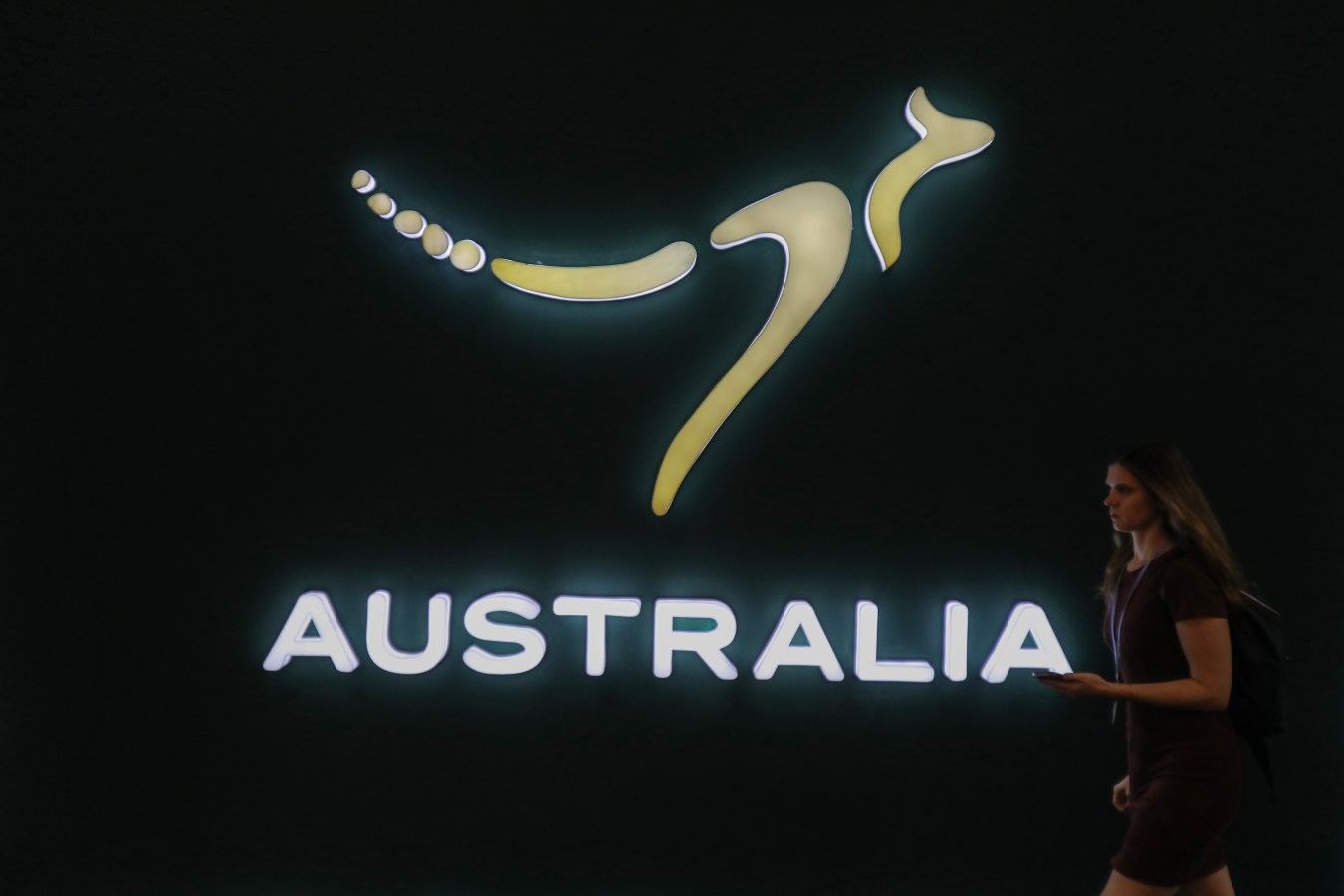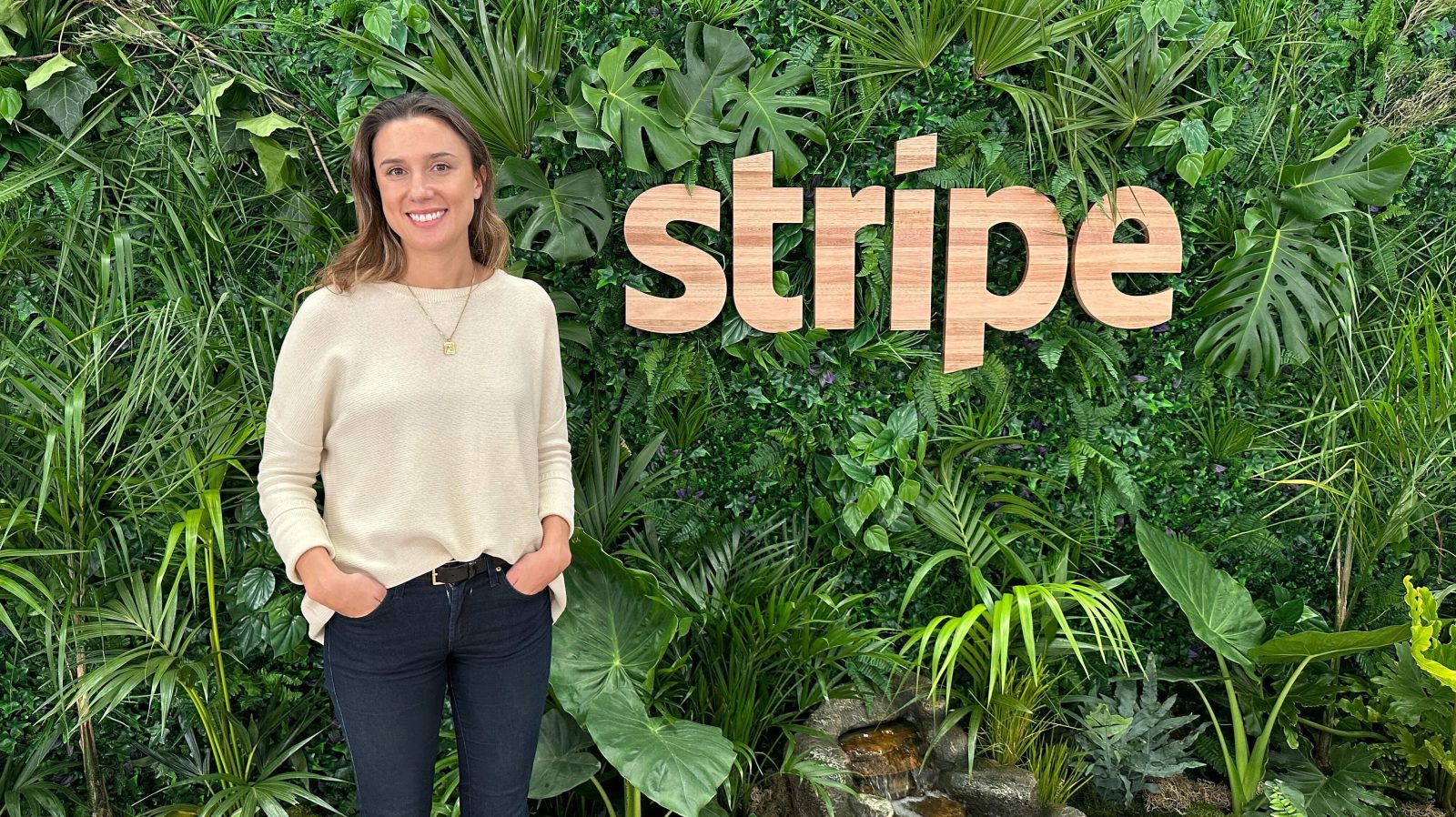Google issued a grant to Melbourne based Climasens and its partners this week, as part of its Impact Challenge on Climate Innovation.

The U.S. and Australia’s most populated cities are partnering to assess climate risk and strengthen emergency preparedness. Melbourne and New York City will test ClimateIQ — an AI driven multi-hazard risk and vulnerability platform. The organisation has founders in both cities.
ClimateIQ helps cities and organisations plan, prepare and respond to climate risks and extremes. It leverages machine learning and big data to ‘reveal hotspots of overlapping climate risks in cities.’
New York City will be the first city to validate ClimateIQ AI modeling. Of particular interest to NYC, is mapping technology that visualises extreme heat, flood, drought, and air pollution exposure. Victoria Cerullo is the Executive Director of Strategic Partnerships for the NYC Mayor’s office of Climate and Environmental Justice.
“The ability to plan for how climate challenges will impact all parts of the city is vital for developing equitable policies to protect all New Yorkers,” says Cerullo.
Krista Milne, the City of Melbourne’s Chief Heat Officer, says that ClimateIQ will be studied in Australia’s largest city too. She is looking to the company to ramp up efforts to future proof Melbourne for coming generations.
“We look forward to exploring the expansion of this innovative multi-hazard risk pilot to help us better understand and mitigate the risks posed by climate change, such as flooding, drought, and extreme heat,” says Milne.
ClimateIQ will enable many cities to anticipate threats, according to Kevin Brege, the global lead of Google.org’s Impact Challenge.
“Sea-level rise, social vulnerability, extreme weather and loss of coastal ecosystems pose new threats to urban communities globally,” says Brege. “But governments and community leaders don’t always have the tools they need to make best use of limited preparedness resources.”
Google.org is contributing funds and technical expertise to solving that problem. ClimateIQ received the maximum grant available under the Impact Challenge on Climate Change. Google.org distributes six or more grants to organisations around the globe each year.
Melbourne-based Climasens is a part of ClimateIQ
ClimateIQ is a partnership between organisations in Australia, the U.S., and Europe.
Working with Richmond-based Climasens on the project is the Royal Swedish Academy of Sciences, and George Mason University in Virginia. The Urban Systems Lab at the New School in New York is leading the initiative.
Climasens CEO and Co-founder Joseph Glesta told Forbes Australia today that the funds will be used to scale ClimateIQ. The grant facilitates the expansion of ClimateIQ to Phoenix, Berlin and Barcelona, among other cities.

Glesta, the CEO of Australia’s Climasens, says that ClimateIQ marries advanced analytics with a human-centric approach to climate risk assessment. The contribution of Climasens to ClimateIQ is the user-facing dashboard and backend.
“We are the platform powering ClimateIQ – the front end, backend, UI, and UX – culminating in the actual product,” says Glesta.
An NYC native, Glesta is now an Australian citizen. He left the U.S. in 2014 to undertake a Masters degree in climate and sustainability at the University of Melbourne. Glesta’s postgraduate thesis focused on developing a green infrastructure policy framework for the City of Melbourne. The thesis became the genesis for Climasens, which Glesta founded the year after he graduated.
“The thesis examined global cities across the world to understand what would catalyze green infrastructure policy,” Glesta says. “Nested within that framework was an idea that real-time climate data could help cities understand risk and build resilience.”
He returned to NYC and cold-called Dr Timon McPhearson, Professor of Urban Ecology at Manhattan’s The New School. The two climate advocates met for coffee and hit it off.
“We caught up for a coffee and instantly became fully zoned in on the commercial and impact potential of creating a climate decision support tool,” says Gleston.
Dr McPhearson joined Climasens as a Co-founder in 2018, joining Glesta, Melbourne-based software engineer Shaun Buriss, and NYC-based Professor Daniel Sauter.
Climasens was awarded a $500,000 pilot grant by the Australian Red Cross in 2022.
Courtesy: Red Cross Australia


